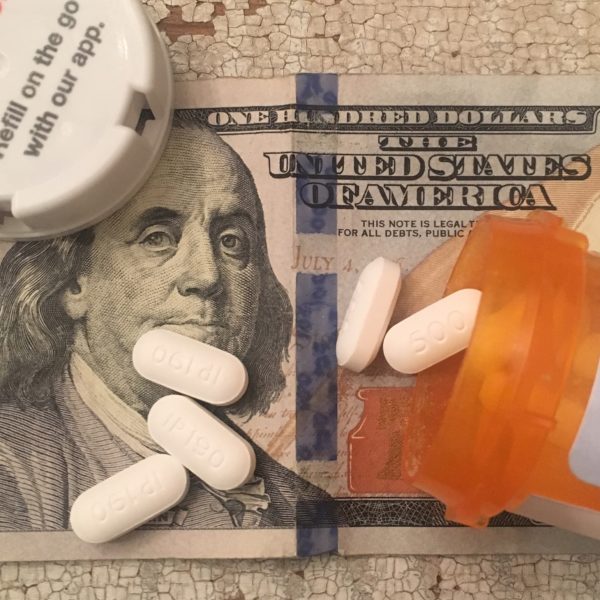Pharmaceutical giant Novartis has agreed to pay the United States and several states $35 million to settle a False Claims Act case filed by a whistleblower who alleged Novartis promoted a prescription eczema treatment for off-label uses and provided various kickbacks to doctors to induce more prescriptions.
The case was filed in 2006 by former Novartis sales representative Donald Galmines who alleged Novartis instructed him to promote the eczema cream Elidel as a safe and effective treatment for infants under two years old. However, Elidel has the FDA’s strongest warning, known as a black-box warning, specifically forbidding usage on children under two years old. The warning was issued after studies showed Elidel could cause skin cancer and non-Hodgkin’s lymphoma.
Mr. Galmines alleged that Novartis instructed him that Elidel was safe to put on up to 80 percent of a baby’s body and the company never told him that the prescription topical cream could cause cancer. Mr. Galmines also alleged that he was trained to take doctors, their families and staff to expensive dinners and lavish conferences to induce them to write more prescriptions.
Mr. Galmines’ case has taken a long ten year path to settlement. Under the qui tam provisions of the False Claims Act, the United States may choose to intervene in a case and then the government takes over the responsibility for pursuing the case. In Mr. Galmines case, the government decided not to intervene yet Mr. Galmines bravely continued to pursue the case, filing four amended complaints over the ten year litigation. However, with this risk came a larger reward. Qui tam whistleblowers are entitled to receive 15 to 25 percent of the total recovery if the government chooses to intervene in the case, but if the government does not intervene the whistleblower is entitled to receive up to 30 percent of the government’s recovery. Mr. Galmines’ resilience was aptly awarded as he will receive 29 percent of the $35 million recovery.






Talk with an Expert
Frohsin Barger & Walthall
Call 205.933.4006 or
Send us a Message